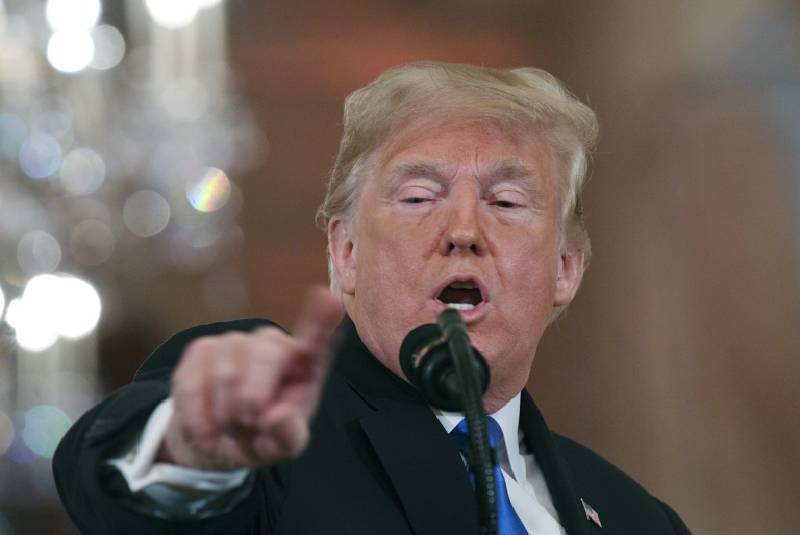×
The Standard e-Paper
Stay Informed, Even Offline

The U.S. government was involved in a fierce dispute over President Donald Trump’s demands that Congress assign $5 billion for a wall along the border with Mexico.Democrats repeatedly reminded Trump, and voters, that he said last week he would be “proud” to shut the government down in order to get wall funding. [Courtesy]
The U.S. government was partially shut down early on Saturday in a fierce dispute over President Donald Trump’s demands that Congress assign $5 billion for a wall along the border with Mexico.